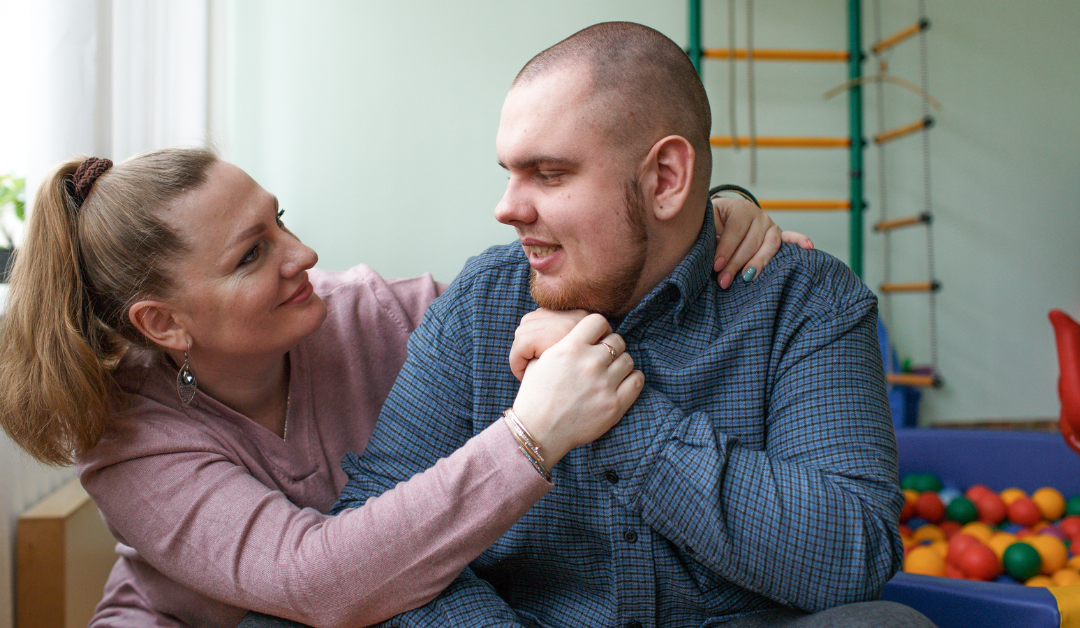In a world striving for inclusivity and equality, person-centered disability services have emerged as a beacon of empowerment and support for individuals with disabilities. Recognizing the unique needs, preferences, and aspirations of each person, these services shift the focus from the disability itself to the individual as a whole.
Let’s delve into why person-centered disability services are not just a trend, but a crucial approach that fosters independence, dignity, and a higher quality of life.
1. Respecting Individual Autonomy
Person-centered disability services place a premium on individual autonomy. They acknowledge that each person, regardless of their disability, has their own goals and desires. By actively involving individuals in decision-making processes, these services empower them to shape their own lives and make choices that align with their values and aspirations.
This fosters a sense of ownership over one’s life and a feeling of being in control.
2. Tailored Support Plans
No two individuals are alike, and person-centered disability services understand this implicitly. Instead of following a one-size-fits-all approach, these services design personalized support plans that cater to the unique needs and preferences of each individual.
Whether it’s education, employment, daily living skills, or recreational activities, the support provided is tailored to ensure the person’s well-being and growth.
3. Enhancing Quality of Life
When individuals are at the center of their own support, the outcomes are transformative. Person-centered disability services focus not only on addressing challenges but also on enhancing overall quality of life.
By nurturing strengths, cultivating interests, and promoting social engagement, these services contribute to a more fulfilling and meaningful existence, regardless of the limitations posed by a disability.
4. Promoting Inclusion and Community Engagement
Person-centered services actively encourage individuals to be active participants in their communities. Whether through social events, volunteering, or vocational training, these services help individuals with disabilities integrate into society and form meaningful connections.
This not only combats social isolation but also contributes to a more diverse and inclusive community.
5. Empowering Families and Caregivers
Person-centered disability services extend their impact beyond the individual to their families and caregivers. By involving them in the planning process, these services create a collaborative environment where everyone works together to ensure the individual’s well-being.
This shared responsibility strengthens relationships and creates a support network that benefits all involved.
6. Shifting the Focus from “Disability” to “Ability”
Perhaps the most profound aspect of person-centered disability services is their ability to shift societal perceptions. By placing the emphasis on an individual’s abilities, strengths, and aspirations, these services challenge stereotypes and reduce stigma associated with disabilities.
This shift in perspective creates a more inclusive and accepting society where individuals with disabilities are recognized for their contributions and potential.
Conclusion
Person-centered disability services represent a paradigm shift in how we approach and support individuals with disabilities. By honoring individual autonomy, tailoring support plans, enhancing quality of life, promoting inclusion, and fostering a positive shift in societal perceptions, these services empower individuals to lead meaningful, self-determined lives.
In embracing this approach, we not only create a more inclusive world but also affirm the inherent dignity and worth of every individual, regardless of their abilities.
Want A Helping Hand?
Hope Human Services provides disability services in Washington State. Our team doesn’t just provide support, but creates exceptional life experiences.

